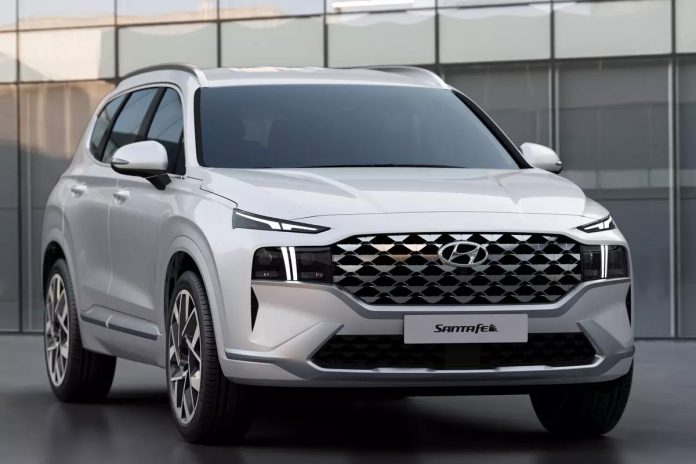Automobile: IPO-bound Hyundai Motor India is experiencing a notable increase in rural and first-time buyers for its SUV lineup, even as overall passenger vehicle sales across the industry remain flat. Rural buyers now make up over 21% of Hyundai’s total sales—the highest in the company’s history—driven by rising aspirations in small-town India. In August, SUVs accounted for 67% of Hyundai’s total sales, according to a senior company official.
Diesel remains the preferred fuel choice for Hyundai’s mid- to large-sized SUVs, with models like the Alcazar and Tucson seeing nearly 60% of sales in diesel variants, emphasizing fuel efficiency as a key factor for customers in these segments, said Tarun Garg, Chief Operating Officer and Whole-time Director at Hyundai Motor India.
On Monday, Hyundai launched a refreshed version of the 7-seater Alcazar SUV, adding new lower-end variants. The petrol variant starts at ₹14.99 lakh ex-showroom, while the base diesel variant is priced at ₹15.99 lakh.
The surge in rural buyers coincides with the expansion of India’s road networks, opening up new markets for automakers. “Road connectivity has improved dramatically in rural India, leading to more buyers from small towns and villages opting for SUVs,” Garg said. This growing demand is also being driven by rising aspirations among first-time buyers, especially in the mid-sized SUV segment, where Hyundai’s Creta continues to excel.
Rural markets have become crucial growth drivers for Hyundai. In August, rural sales accounted for 21% of the company’s total sales, and 20% from January to August, both records for the automaker. First-time buyers also play a significant role in Hyundai’s SUV sales, with 28% of Creta buyers and 43% of Venue buyers being first-time vehicle owners, up from 13% and 29% respectively.
While electric vehicles are gaining traction in urban areas due to policy support for green technologies, Hyundai’s data shows that diesel remains dominant in the mid- to large-sized SUV segments. Models like the Alcazar and Tucson still see over half of their sales in diesel variants, reflecting a preference for fuel efficiency and long-range capability. “Diesel accounts for 57% of our sales in the mid- to large-size SUV segment,” Garg noted, highlighting that efficiency and range are top priorities for customers in these segments.
Despite the rise of diesel-powered SUVs, Hyundai is also gearing up for an electric future, particularly in urban markets where EV adoption is expected to grow. Starting with the Creta EV next year, Hyundai plans to launch five locally-made electric vehicles by 2030. While the company hasn’t disclosed specific targets for EV penetration in its future powertrain mix, it emphasized that its current portfolio—comprising 17.5% diesel vehicles and 12% CNG vehicles, with CNG and gasoline dominating entry-level models—is a strategically balanced mix.

